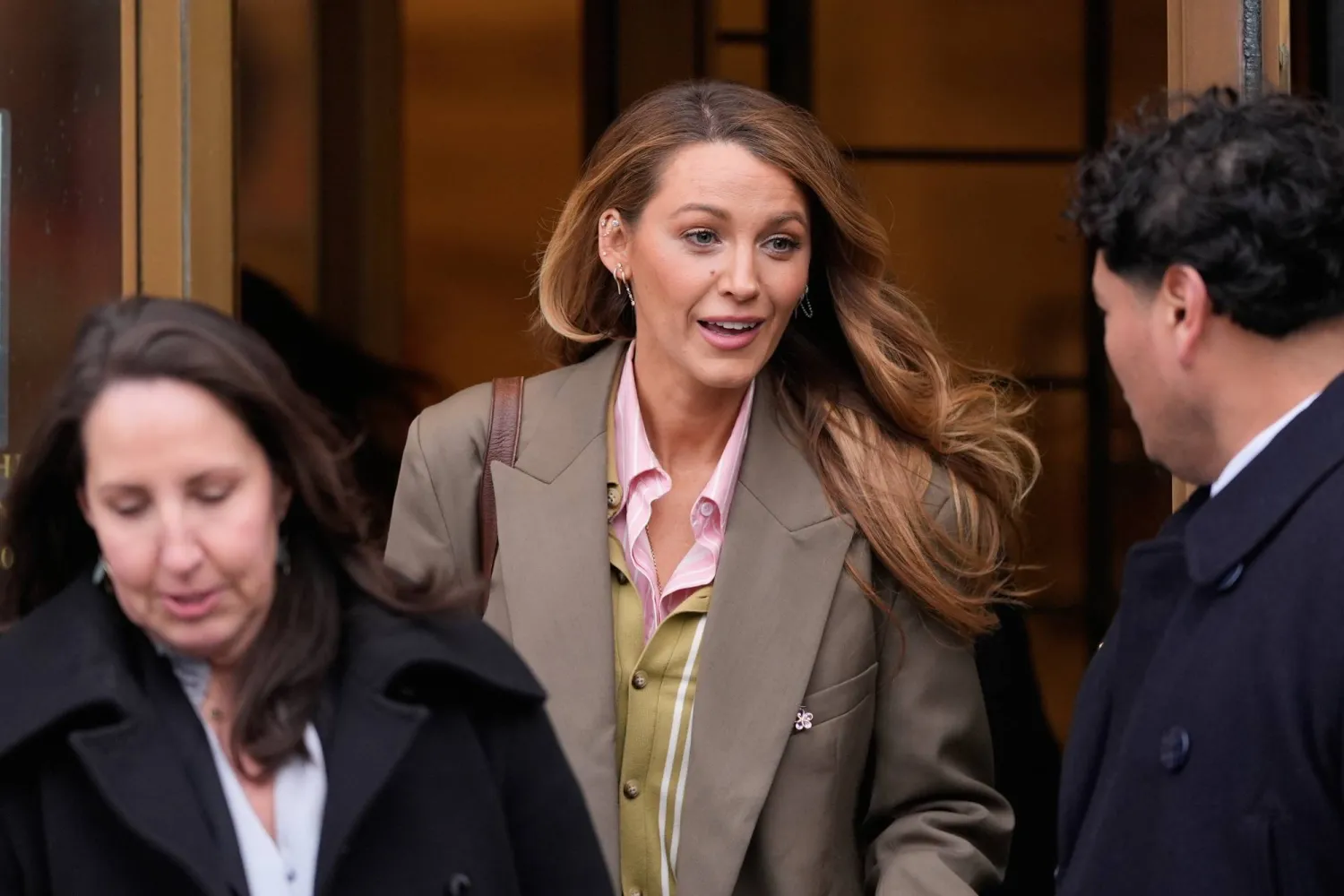“A Quiet Place: Day One” is making noise at the box office. The prequel earned an estimated $53 million in its first weekend in North American theaters, according to studio estimates Sunday.
It’s both a franchise best and significantly more than expected. Going into the weekend, prerelease tracking had “Day One” pegged for a $40 million debut, but audiences were clearly more enthusiastic to see the action-horror starring Lupita Nyong’o and Joseph Quinn and released by Paramount. The same could not be said for Kevin Costner’s “Horizon: An American Saga—Chapter 1,” which opened to $11 million.
The “Quiet Place” victory wasn’t quite enough to snag the coveted first place spot on the charts, though. That honor again went to Disney and Pixar’s juggernaut “Inside Out 2,” which added an estimated $57.4 million in its third weekend in theaters, and crossed $1 billion globally.
There’s a distant possibility that the places will shift when actuals are released Monday. But either way it’s good news for movie theaters in a summer season that’s finally heating up but still running far behind last year (down 19%) and pre-pandemic norms (down 36% from 2019).
“Inside Out 2” continues to be a box office phenomenon, the likes of which the industry hasn’t seen since “Barbie” almost a year ago. In just three weeks of release, it’s earned nearly $470 million in North America and $545.5 million internationally, bringing its global total to $1.01 billion. The sequel is the only 2024 release to cross the billion dollar mark and it did it in just 19 days, a record for an animated film.
“A Quiet Place: Day One,” directed by Michael Sarnoski and rated PG-13, is also fast approaching an important threshold out of the gates. Including the $45.5 million from international showings in 59 markets, the $67 million production has already made $98.5 million.
In a rare feat for a third film, it opened higher than both “A Quiet Place” ($50.2 million opening in April 2018) and “A Quiet Place: Part II” ($47.5 million opening in May 2021). John Krasinski, who wrote and directed the first two, continued serving as a producer.
Playing on 3,708 screens in the US and Canada, nearly 40% of its domestic earnings came from “premium screens” including IMAX and other large formats. It entered the marketplace with mostly positive reviews (84% on Rotten Tomatoes); Audiences gave it a B+ CinemaScore and four out of five stars on PostTrak.
The start for “Horizon,” meanwhile, was sluggish. Though older audiences, the ones most likely to support a Western epic, don’t typically rush out to see films on opening weekend the way people often do for horrors and superheroes, the road ahead will not be easy: Reviews have not been great and it got an underwhelming B- CinemaScore.
The stakes are also a little different for “Horizon,” a $100 million production that Costner financed on his own and partnered with Warner Bros. to distribute. It opened in 3,334 locations. A decades-old passion project, he mortgaged property in Santa Barbara, Calif. to finance it and exited “Yellowstone” to see it through. In a bold, unconventional strategy, “Part 2” arrives in theaters later this summer, on Aug. 16. He also has plans for two more movies.









